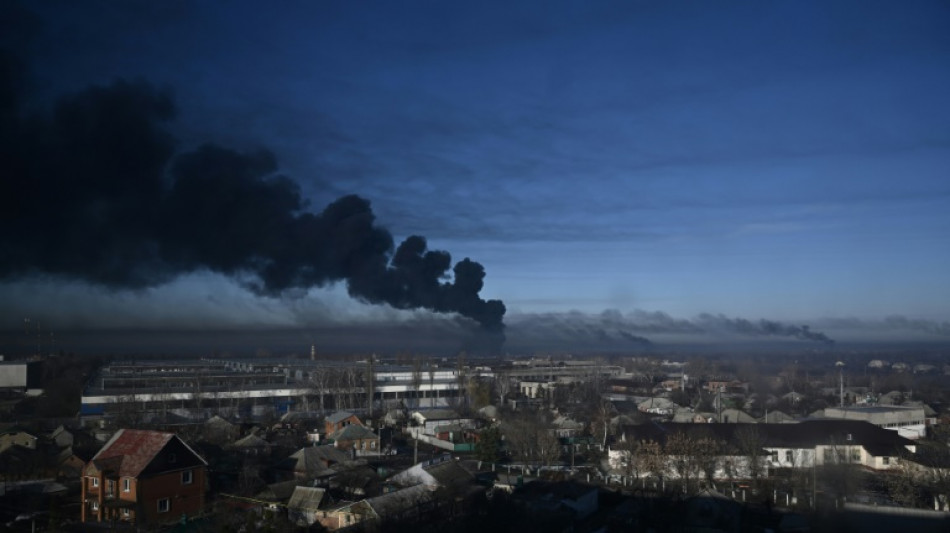
-
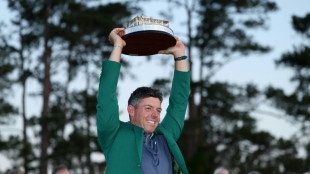 McIlroy looks to the future after post-Masters thrill ride
McIlroy looks to the future after post-Masters thrill ride
-
Sinner set for first Italian Open test, Sabalenka marches on
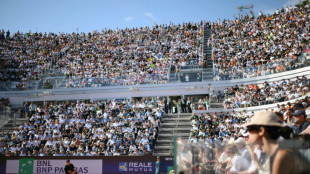
-
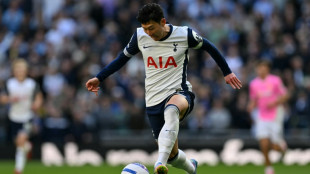 Son wants Europa glory to 'complete' Spurs career
Son wants Europa glory to 'complete' Spurs career
-
First group of white South Africans arrive in US for resettlement
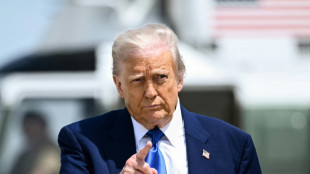
-
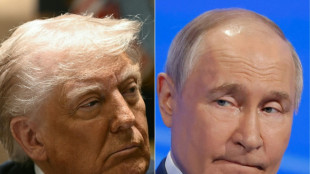 Trump mulls joining Ukraine talks in Turkey, Kremlin silent on Putin
Trump mulls joining Ukraine talks in Turkey, Kremlin silent on Putin
-
US, China agree to slash tariffs as Trump says will speak to Xi
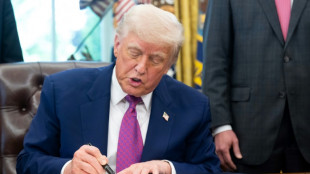
-
 Spanish rider Landa returns home for 'long recovery' after Giro crash
Spanish rider Landa returns home for 'long recovery' after Giro crash
-
Kurdish militant group PKK ends decades of armed struggle
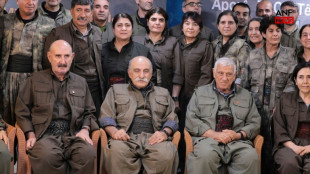
-
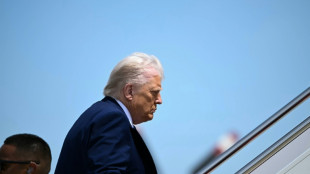 Trump says would be 'stupid' to reject Qatari Air Force One gift
Trump says would be 'stupid' to reject Qatari Air Force One gift
-
Uruguay's ex-president Mujica receiving palliative care: wife
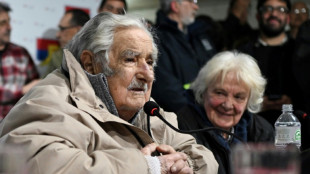
-
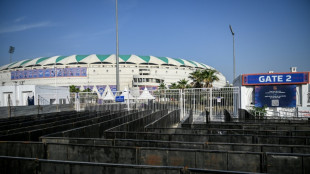 Remainder of IPL to be held between May 17-June 3 after ceasefire
Remainder of IPL to be held between May 17-June 3 after ceasefire
-
Hamas frees US-Israeli hostage
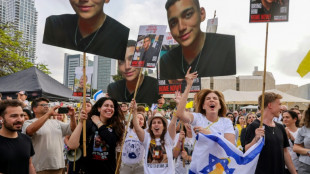
-
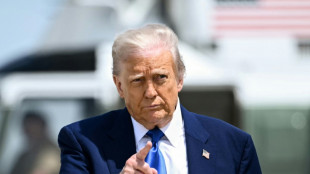 Trump defends resettling white South Africans as refugees in US
Trump defends resettling white South Africans as refugees in US
-
Sean 'Diddy' Combs was 'coercive and criminal,' jury hears
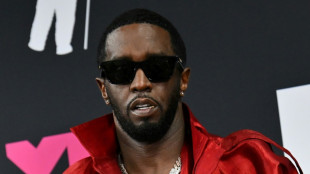
-
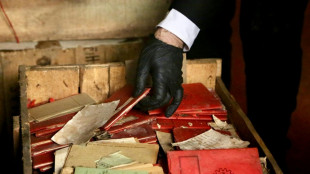 Nazi files found in champagne crates in Argentine court basement
Nazi files found in champagne crates in Argentine court basement
-
Myanmar junta airstrike kills 22 at school: witnesses
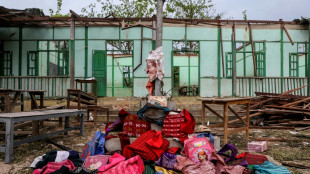
-
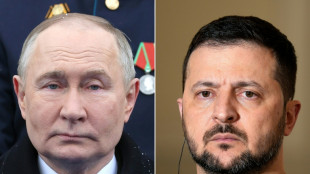 Zelensky wants Trump at peace talks, Russia silent on whether Putin will go
Zelensky wants Trump at peace talks, Russia silent on whether Putin will go
-
Ground-breaking Grand National winner Blackmore retires

-
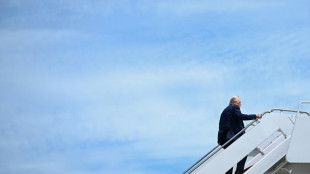 Trump heads on major Middle East tour
Trump heads on major Middle East tour
-
Nepal holds tribute for disappearing glacier
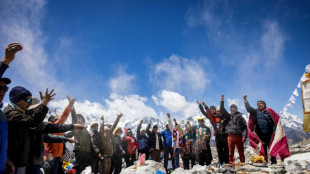
-
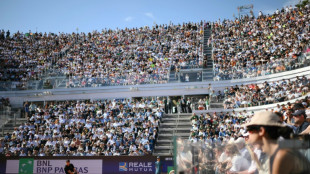 Sinner eases into Italian Open last 16, Osaka dumped out
Sinner eases into Italian Open last 16, Osaka dumped out
-
Real Madrid duo Vinicius, Vazquez injured
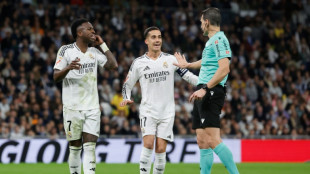
-
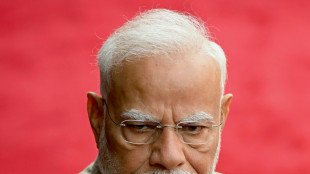 Indian PM Modi vows strong response to any future 'terrorist attack'
Indian PM Modi vows strong response to any future 'terrorist attack'
-
Opening statements start in Sean 'Diddy' Combs trial
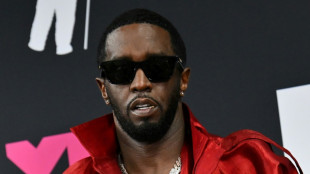
-
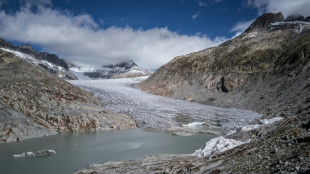 Snow cover of Swiss glaciers below average this year: study
Snow cover of Swiss glaciers below average this year: study
-
Jihadist attack kills 'several dozen' in Burkina Faso
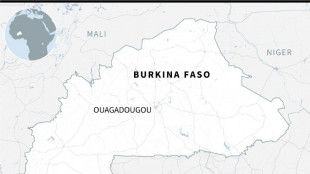
-
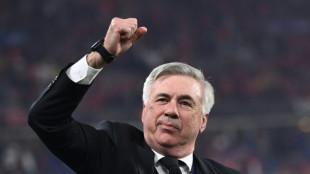 Ancelotti to leave Real Madrid for Brazil job
Ancelotti to leave Real Madrid for Brazil job
-
Trump announces drug prices cut with swipe at Europe
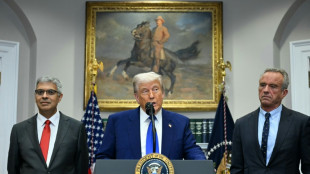
-
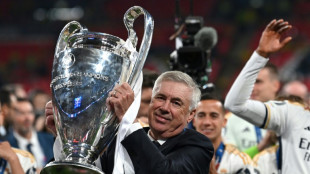 Ancelotti exits Madrid, hoping to add World Cup with Brazil
Ancelotti exits Madrid, hoping to add World Cup with Brazil
-
US, China agree to slash tariffs as Trump says to speak with Xi soon
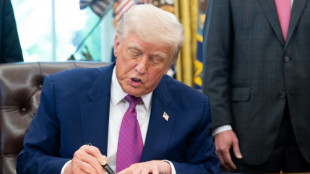
-
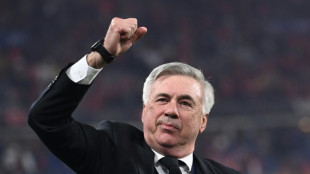 Ancelotti to take over as Brazil coach
Ancelotti to take over as Brazil coach
-
Israel urges ICC to drop arrest warrants against PM
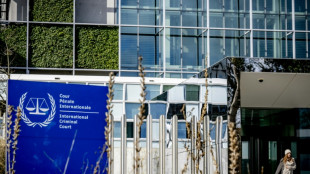
-
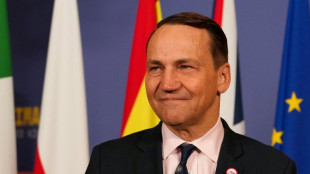 Poland to close Russian consulate in Krakow over 'sabotage'
Poland to close Russian consulate in Krakow over 'sabotage'
-
Kremlin rejects Europe's 'ultimatums' for truce with Ukraine
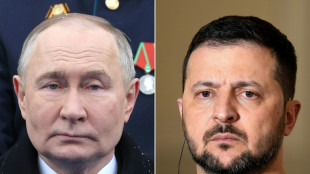
-
 Ireland rugby captain Doris ruled out for up to six months
Ireland rugby captain Doris ruled out for up to six months
-
Algerian attack survivor vows to be heard in court battle with award-winning author
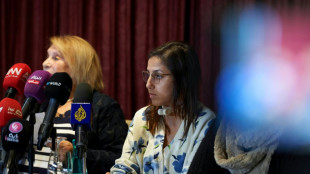
-
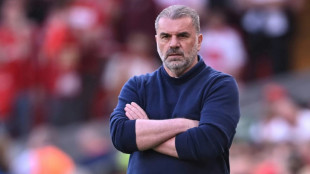 Europa League glory could be 'turning point' for Spurs: Postecoglou
Europa League glory could be 'turning point' for Spurs: Postecoglou
-
White S.Africans resettled in US did not face 'persecution': govt
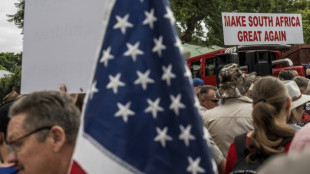
-
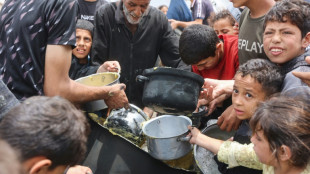 Gaza faces 'critical risk of famine': UN report
Gaza faces 'critical risk of famine': UN report
-
Indian teams defuse bombs in Kashmir border areas
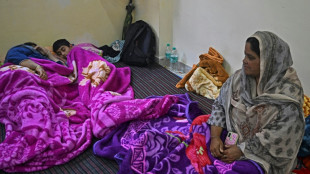
-
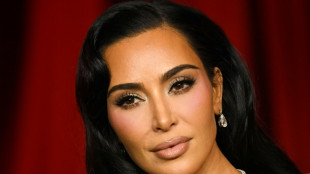 Kim Kardashian testifies in Paris multi-million-dollar robbery trial
Kim Kardashian testifies in Paris multi-million-dollar robbery trial
-
Alexander-Arnold exit will not overshadow Liverpool title party: Van Dijk
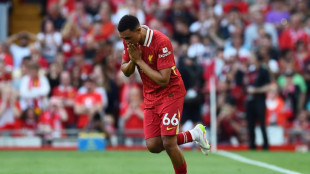
-
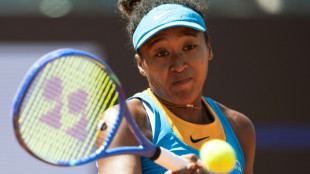 Osaka knocked out of Italian Open as fans await Sinner
Osaka knocked out of Italian Open as fans await Sinner
-
France condemns 'fake news' over Europe leaders' cocaine accusation
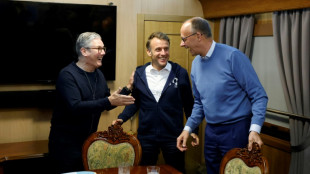
-
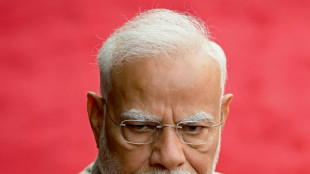 Indian PM Modi set to address nation after Pakistan truce
Indian PM Modi set to address nation after Pakistan truce
-
With Israel ties on the table, UAE offers Saudis an example

-
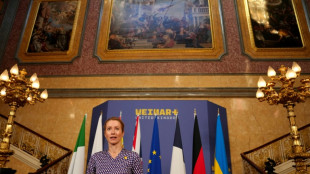 UK urges Putin to 'get serious about peace'
UK urges Putin to 'get serious about peace'
-
Leicester Tigers name Parling to replace Cheika as head coach
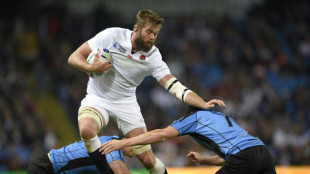
-
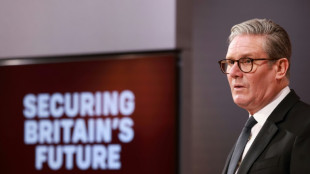 UK govt toughens immigration plans as hard-right gains
UK govt toughens immigration plans as hard-right gains
-
Markets rally after China, US slash tariffs
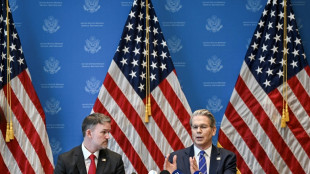

Ukraine war sends Western anxiety soaring on back of pandemic
Just as millions of people dared to hope a two-year pandemic was receding, war broke out in Ukraine, triggering a new surge of anxiety in Western Europe and fears about wider conflict -- or worse.
As the West faces a possible new Cold War and warnings about heightened nuclear threats fill social media and the airwaves, many people are struggling with the sudden new world order, even if they are living thousands of miles away from the frontlines in Ukraine.
Chogwu Enape, a 29-year-old policy researcher based in Paris, said she hadn't been able to sleep properly since Russia invaded Ukraine last week.
"I'm worried about innocent people dying needlessly and I am worried that this crisis will morph into World War III," Enape told AFP.
"Every single scroll on social media brings news or images of the invasion. The racism that Africans are facing while trying to flee brought it home for me," she said.
"That could be me."
Psychologists have voiced particular concern about the effect of the latest global crisis on children and young people, even those living in relative comfort in peaceful countries.
"Children are constantly absorbing things they read, see and hear and it's completely natural for them to be picking up on the situation in Ukraine and feeling anxious," explained Vivian Hill, a psychology professor at University College London.
Some therapists and counsellors have reported distress among their clients.
"Almost every person I have encountered has been affected" by the war, said psychotherapist Nilufar Ahmed, who is also a psychologist at Britain's University of Bristol.
Others have turned to charity for help.
"We've heard from a number of people who are distressed by what they are seeing and hearing about the war in Ukraine, and who want to share their feelings with us," a spokesman for British mental health charity Mind, which runs a helpline, told AFP.
Anxiety and depression already rose by "a massive 25 percent" during the first year of the coronavirus pandemic, the World Health Organization said on Tuesday, adding that young people were the worst hit.
- 'Accumulation of crises' -
Michelle Nealon, president of the Chicago School of Professional Psychology, said that as many countries loosened Covid restrictions, "there was some light at the end of this gruelling tunnel".
"Then war broke out, violent images of missile attacks and deceased soldiers lying on the streets flooded our social media and TV screens, threat of nuclear attacks hung in the air, and we watched economies scramble in the aftermath," she said.
"There is a feeling of there is only so much that one can handle."
Antoine Pelissolo, a psychiatrist at France's Henri-Mondor University Hospital, said some people felt "a sense of despair in the face of an accumulation of crises, with the impression they will never be able to get out of them".
"For younger generations in particular, this brutal confrontation with the reality of war, and therefore possible death... is a shock that can cause anxiety and a strong feeling of insecurity."
Ahmed pointed out that many in the West are responding differently to the Ukraine war than to conflicts in the Middle East or Africa.
"The current war is resonating more in Europe because the Ukrainians look like other Europeans more than the refugees that have dominated the public psyche, who tend to be racialised and constructed as different," Ahmed said.
- How to help -
What can we do to manage our mental health in a time of crisis?
For children, British psychotherapist Noel McDermott advised "keeping life 'normal' with structure and routine" and stressed the importance of school in helping them overcome frightening events.
Hill advised against avoiding the issue with children.
"Listen to their worries and provide honest answers to their questions (while trying) to give details at an age-appropriate level."
For adults, Pelissolo recommended relaxation, meditation and physical activity to cope with rising anxiety.
Nealon said "sleeping well, eating a healthy diet and getting daily exercise are essential for keeping us physically and emotionally strong".
Donating to a charity "would make a real difference and will make you feel better too", Ahmed said.
All the experts advised children and adults to limit exposure to news about the war.
"Don't just switch off the news -- do something nourishing for yourself. Phone a loved one, go for a walk with a friend," Ahmed recommended.
"Whenever you do look at the news, try to stick to reliable, trusted news sources that don't engage in 'What ifs?'", the Mind spokesman advised.
"Try to regularly ask yourself, 'Is this helping me or am I doom scrolling?'"
J.Williams--AMWN